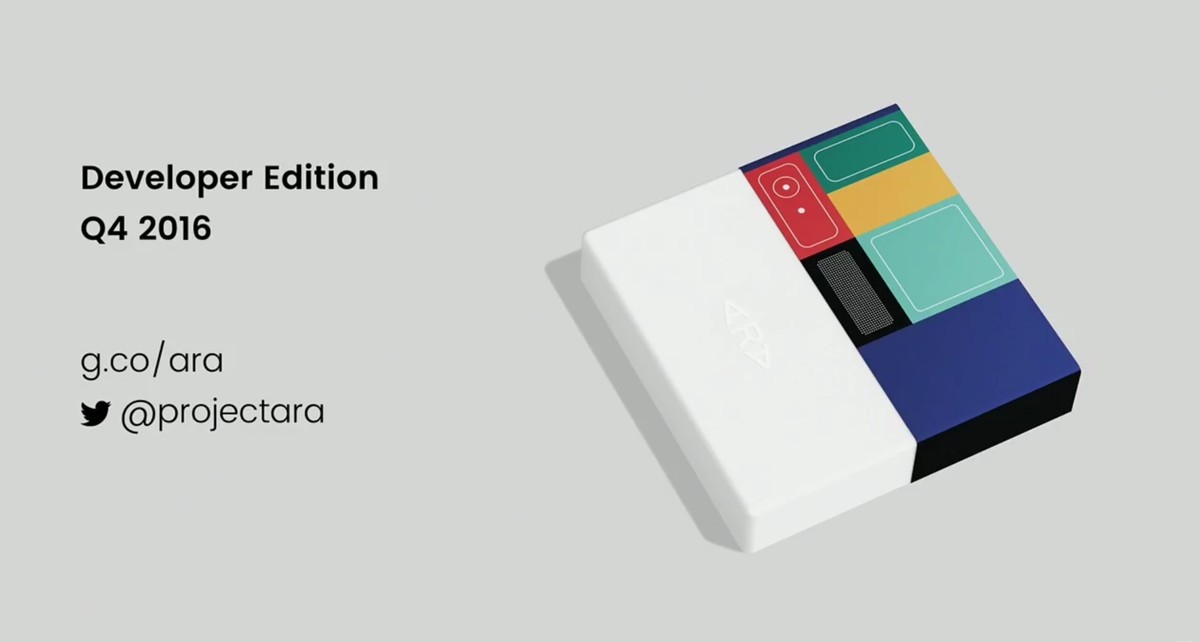Affiliate links on Android Authority may earn us a commission. Learn more.
The man behind Phonebloks says Google’s Project Ara is headed in the wrong direction
Published onMay 27, 2016
Way back in 2013, Dave Hakkens inspired the world with a vision of a wholly modular smartphone that would reduce electronic waste, give users customizable control over their devices, and let you keep using the same device for years to come. The concept, called Phonebloks, was massively well-received, and the video describing it has been viewed over 21 million times. It turned out that Motorola had been quietly working on a similar premise with Project Ara, which was unveiled shortly after Hakkens video went viral. Google is now behind the reins on Ara, but Hakkens says this isn’t the modular phone we’re looking for.
Google’s recent update regarding Ara was praised by many. The device certainly looks nicer, and developers will be getting dev versions this fall. They’ve even set a commercial release date for 2017. The promo video makes Ara look sleek and wholly customizable, and Google boasted that the frame of the device “contains all the functionality of a smartphone.” This is where Dave Hakkens says Google has strayed from the path.
It basically means the Ara skeleton is a fully equipped phone with things like CPU, antennas, sensors, battery and display. The 6 little blocky modules on the back of the phone are just add-ons like better cameras, speakers, scanners etc. Things to customise your phone, for fun. It means your phone still gets obsolete after a while. What if your screen breaks? Well you still need to replace the entire phone. And after a couple of years it gets slow and you need to replace your entire skeleton.
Essentially, by bringing more functionality to the frame instead of leaving it as a go-between for components, Google has just made an extremely customizable smartphone, not a truly modular one. This kind of goes against the entire spirit of the project. What’s more, Hakkens is troubled that Google is going solo on this project instead of creating “a phone for the entire world,” which was the original aim of Ara. It was supposed to be an open platform so developers and manufacturers can make their own modules. “However it isn’t truly open,” Hakkens writes. “Everything happens under the umbrella of Google. They are in charge, they make the rules. They can decided to suddenly change the connectors, or design. Making all previous modules you have obsolete. It’s a powerful ecosystem which shouldn’t be in the hands of one organisation.”

So will Ara still be the modular smartphone we’re looking for? Maybe. Hakkens says he’s still a fan of the project and is amazed by the amount of progress Google has made. However, he believes they’re getting too focused on just creating a “phone that sells” when they could be constructing an entire platform for the future of mobile devices.
What are your thoughts regarding Ara and the direction Google is taking it? Let us know in the comments below!